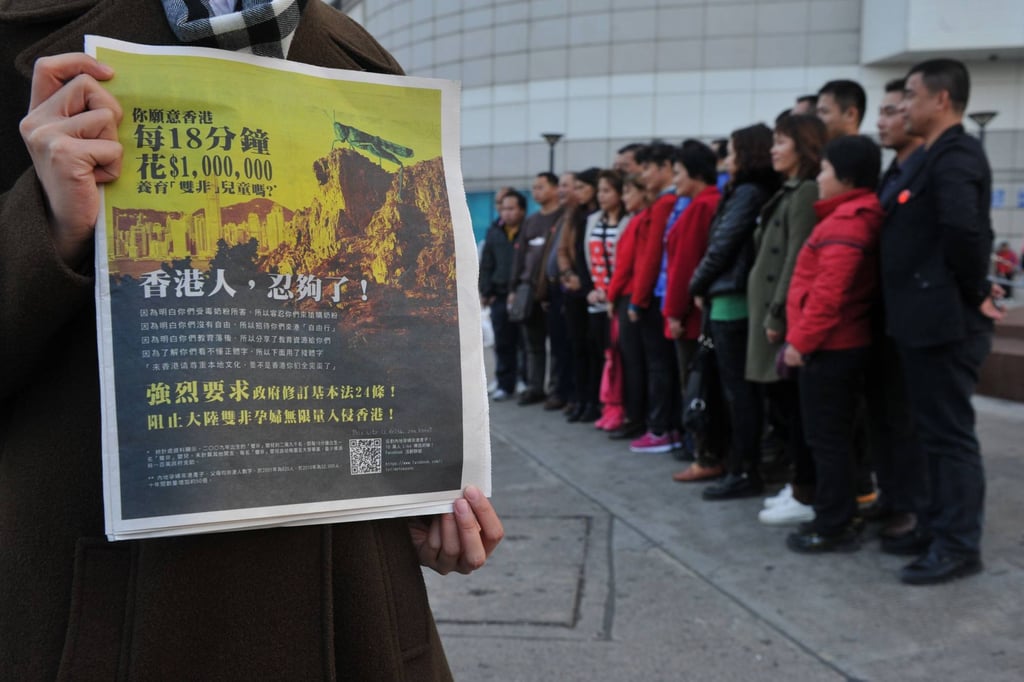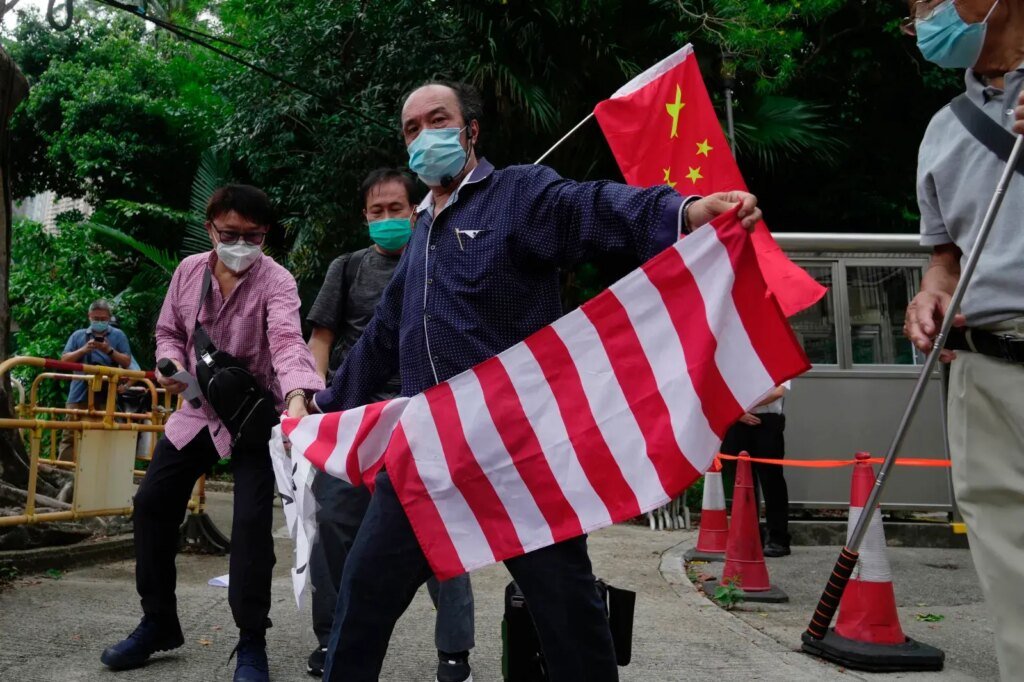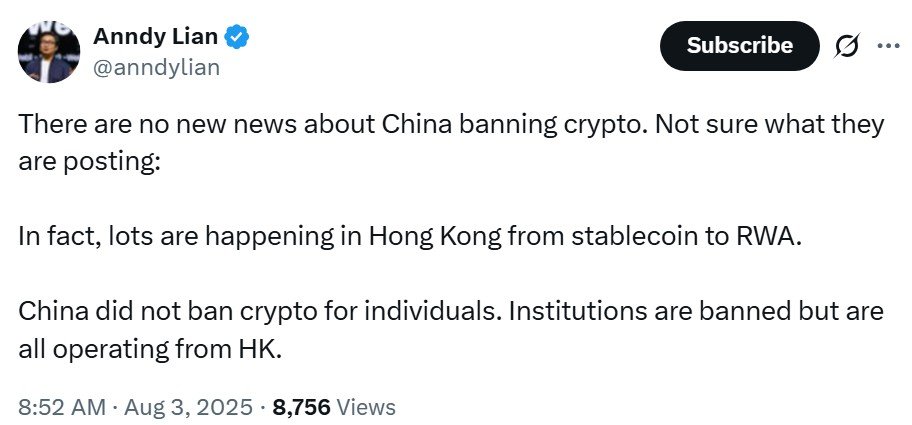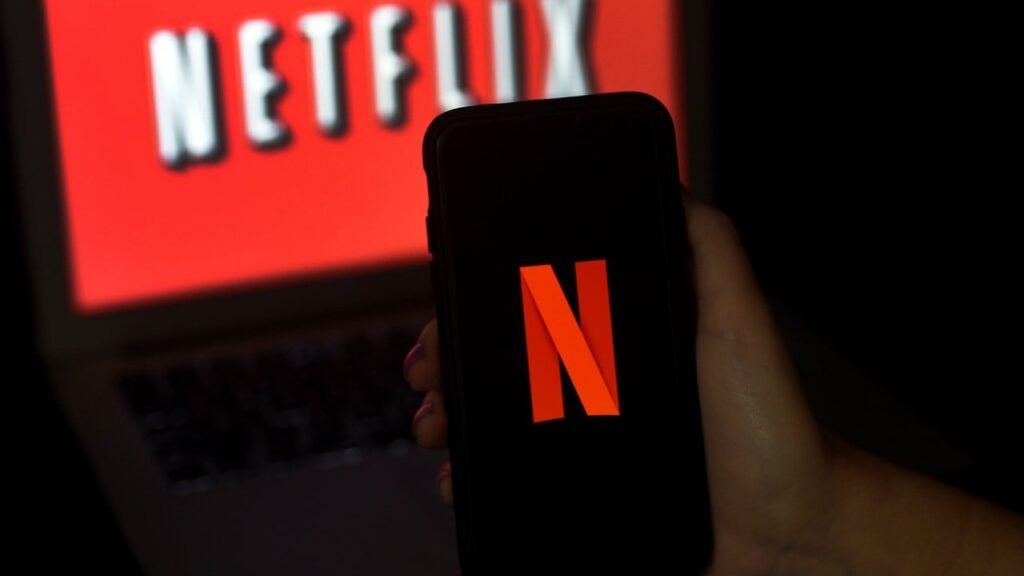Charlie Kirk’s death in the United States was a major political shock. But what followed was more revealing: employees disciplined for social media posts, celebrities facing backlash for controversial remarks and businesses scrambling to distance themselves from the fallout. The controversy highlighted a broader truth of the digital age: a single comment, whether in jest or in earnest, can escalate into a crisis.
In today’s hyperconnected world, words travel instantly, reach audiences well beyond their original context and often persist online forever. One remark can ignite a controversy, prompting employers, universities and regulators to respond swiftly.
For companies and institutions, this situation is daunting. The risk is no longer limited to their official policies, but also extends to the unpredictable actions of staff or affiliates, whose online comments can have legal, financial and social repercussions. Leaders often find themselves caught between safeguarding their reputation and addressing political or consumer outrage, which becomes increasingly challenging.
The aftermath of Kirk’s killing highlighted these tensions. Dozens of people were suspended or dismissed for remarks deemed offensive. Late-night TV host Jimmy Kimmel was briefly taken off the air after criticising public reactions and accusing politicians of exploiting the tragedy. His comments, in turn, prompted regulatory scrutiny and reignited debate about where to draw the line between free expression and responsible speech. Some warned of increasing government overreach, while others argued that unchecked rhetoric was causing harm.
This pattern is becoming a global phenomenon. In Britain, debates over immigration and identity have sharpened into polarising cultural battles. Across Europe and elsewhere, the war in Gaza has sparked protests and left governments struggling to balance public order with the right to dissent. In such climates, many now fear speaking openly on race, migration or the Middle East, wary that one misjudged phrase will unleash severe professional or political consequences.
Yet these pressures are not new. Hong Kong experienced similar issues years earlier. In 2012, a crowdfunded Apple Daily ad infamously branded mainland visitors as locusts, fuelling days of protest and setting the tone for confrontations in malls, trains and online spaces. At the same time, criticism of parallel traders became a proxy for local grievances and, at times, outright xenophobia.

Visited 1 times, 1 visit(s) today







